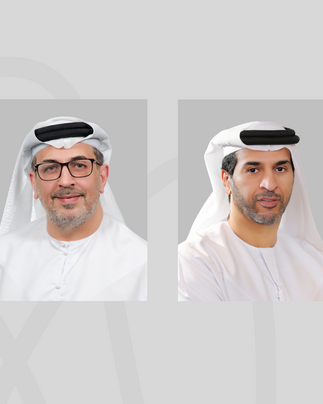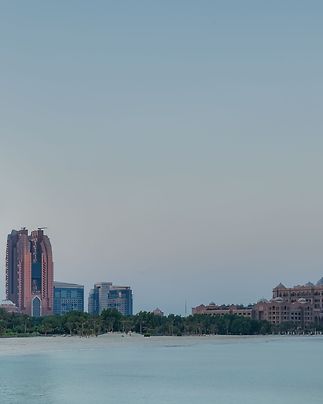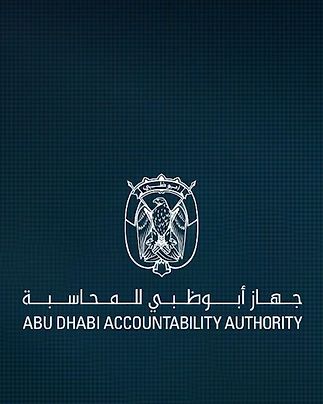The Abu Dhabi Accountability Authority (ADAA), the independent body responsible for promoting and overseeing accountability, transparency and integrity across all Abu Dhabi government entities and its affiliated companies and projects, has revealed details of its year-long approach to strengthen the safeguarding of public funds and upscaling the emirate’s standing as a safe investment haven.
Since the issuance of Law No 19 of 2020 in October last year, which significantly broadened ADAA’s remit to companies of which 25% of capital is owned by the Abu Dhabi government, compared to 50% previously, the authority has successfully implemented 19 initiatives to enhance the monitoring of public finances, strengthen integrity, transparency, accountability and governance across its mandated entities.
10 of the initiatives fortified audit processes and standards across its mandated entities, 4 boosted efforts to improve integrity and anti-corruption, while 2 enhanced its external support services. The remaining 3 initiatives augmented the authority’s own internal efforts to foster sector-specific expertise.
“This year-long effort has set a solid foundation to accelerate sector-wide collaboration and the reframing of Abu Dhabi’s approach to future-proofing its economic diversification, the fostering of a knowledge-based society, mitigating risk in executive practices by improving organisational governance, and regulations and supporting the UAE capital’s global reputation as a safe investment haven and a trusted and responsible local, regional and international partner,” said HE Humaid Obaid Khalifa Obaid Abu Shabas, ADAA’s Chairman.
ADAA’s key initiatives of the past year include the curation of policies governing the recruitment and appointment of auditors as well as internal audit rules and standards and the development and implementation of sector-wide work methodologies and audit measure mechanisms. In addition, ADAA successfully implemented a financial disclosure system and enhanced anti-corruption regulations including the launch of a violation reporting platform. It has also gone live with the statutory auditor platform – a web solution to enable compliance among certified auditors.
His Excellency added: “This first enactment wave, which is totally aligned with the Abu Dhabi 2030 Economic Development Plan, the UAE’s 50-Year Development Plan and the Principles of the 50, will be vigorously pursued by further initiatives which will foster greater collaboration with international standard bodies and associations, the private and public audit sector across Abu Dhabi, the UAE, the wider region and the world, and higher education organisations to nurture a highly skilled and dedicated cadre of human capital within the emirate.”
Last year also saw ADAA implement leading global practices including the International Public Sector Accounting Standards (IPSAS) and International Financial Reporting Standards (IFRS) and attain board membership of the International Forum of Independent Audit Regulators (IFIAR) which comprises independent audit regulators from 54 jurisdictions who serve the public and investor interest by enhancing audit oversight globally.









